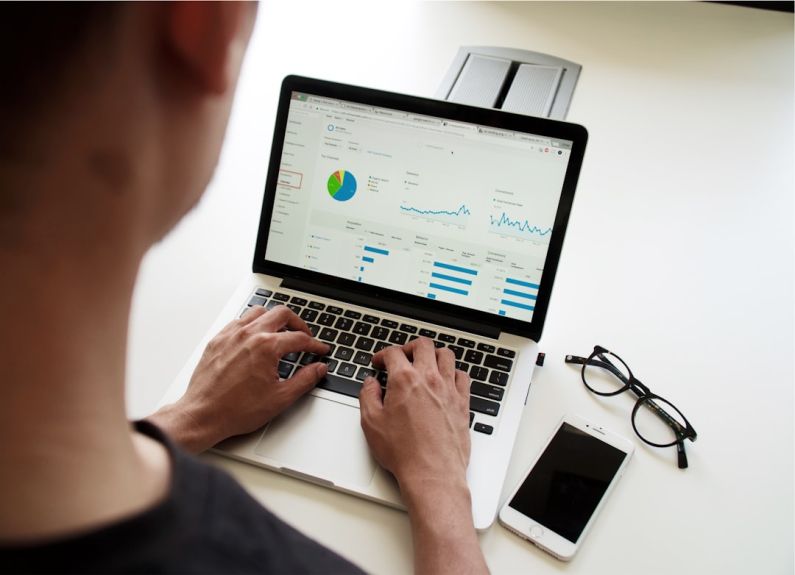How Can I Protect My Financial Information Online?
In today’s digital age, protecting your financial information online is more crucial than ever. With the rise of cyber threats and data breaches, safeguarding your sensitive data has become a top priority for individuals and businesses alike. From banking and shopping to investing and paying bills, our financial activities have largely shifted to the digital realm, making it essential to implement robust security measures to prevent unauthorized access and fraud. So, how can you ensure the safety of your financial information online? Let’s explore some effective strategies to keep your data secure in the digital world.
**Use Strong and Unique Passwords**
One of the simplest yet most effective ways to protect your financial information online is by using strong and unique passwords for each of your accounts. Avoid using easily guessable passwords such as “123456” or “password.” Instead, create complex passwords that include a combination of letters, numbers, and special characters. Furthermore, refrain from using the same password across multiple accounts, as this can make you vulnerable to hacking if one account is compromised.
**Enable Two-Factor Authentication**
Two-factor authentication adds an extra layer of security to your online accounts by requiring you to provide two different forms of verification before accessing your account. This typically involves entering your password as well as a one-time code sent to your mobile device. By enabling two-factor authentication, you can significantly reduce the risk of unauthorized access to your financial accounts, even if your password is compromised.
**Be Cautious of Phishing Scams**
Phishing scams are a common tactic used by cybercriminals to trick individuals into divulging their personal and financial information. These scams often involve fraudulent emails, messages, or websites that mimic legitimate organizations to deceive users into providing sensitive data. To protect yourself from phishing scams, always verify the authenticity of the sender before clicking on any links or providing any information. Additionally, be wary of unsolicited emails or messages that ask for your personal or financial details.
**Monitor Your Accounts Regularly**
Regularly monitoring your financial accounts is essential for detecting any unauthorized or suspicious activity promptly. Set up account alerts to receive notifications of any unusual transactions or changes to your account settings. By staying vigilant and reviewing your account statements regularly, you can quickly identify and address any potential security breaches before they escalate.
**Secure Your Devices and Networks**
Securing your devices and networks is crucial to safeguarding your financial information online. Ensure that your devices are protected with up-to-date antivirus software and security patches to prevent malware and other cyber threats. Use secure and encrypted Wi-Fi networks when conducting financial transactions online, especially when accessing sensitive information such as bank accounts or credit cards.
**Limit the Information You Share Online**
Be mindful of the information you share online, especially on social media platforms and other websites. Avoid posting sensitive details such as your full name, date of birth, address, or financial information publicly. Cybercriminals can use this information to steal your identity or gain access to your accounts. Additionally, be cautious when sharing personal information with unknown or unverified sources online.
**Final Thoughts: Safeguarding Your Financial Future**
Protecting your financial information online is paramount in today’s interconnected world. By implementing these proactive security measures and staying informed about the latest cybersecurity threats, you can reduce the risk of falling victim to online fraud and identity theft. Remember, prevention is key when it comes to safeguarding your sensitive data, so take the necessary steps to fortify your online defenses and protect your financial future. Stay safe, stay secure!






